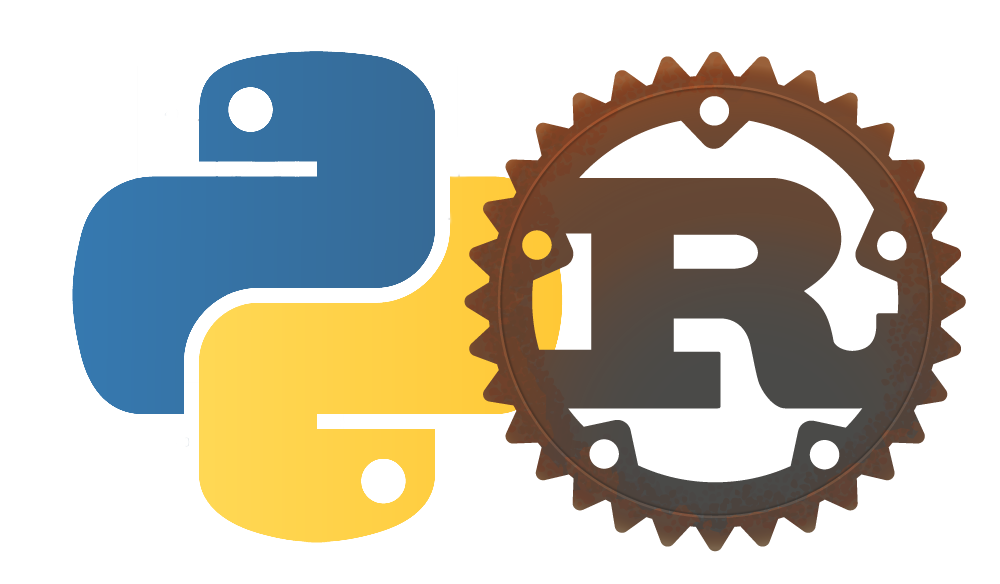NULLs in the Windows Registry
I ran into an interesting issue with my Windows development machine when trying to test a Flask web app. This was due to werkzeug running the simple web server for flask that is created when you us app.run(). The error had me confused at first, as it has nothing to do with what I was changing at the time: TypeError: OpenKey() argument 2 must be str without null characters or None, not str I tracked back through the stack to see that werkzeug is looking at the Windows Registry.




